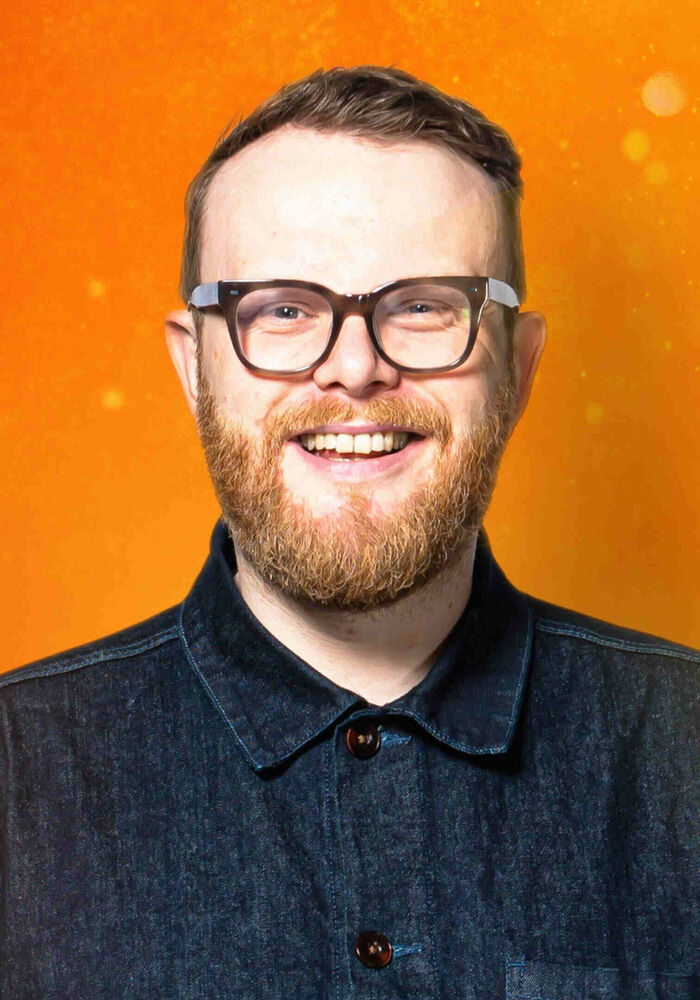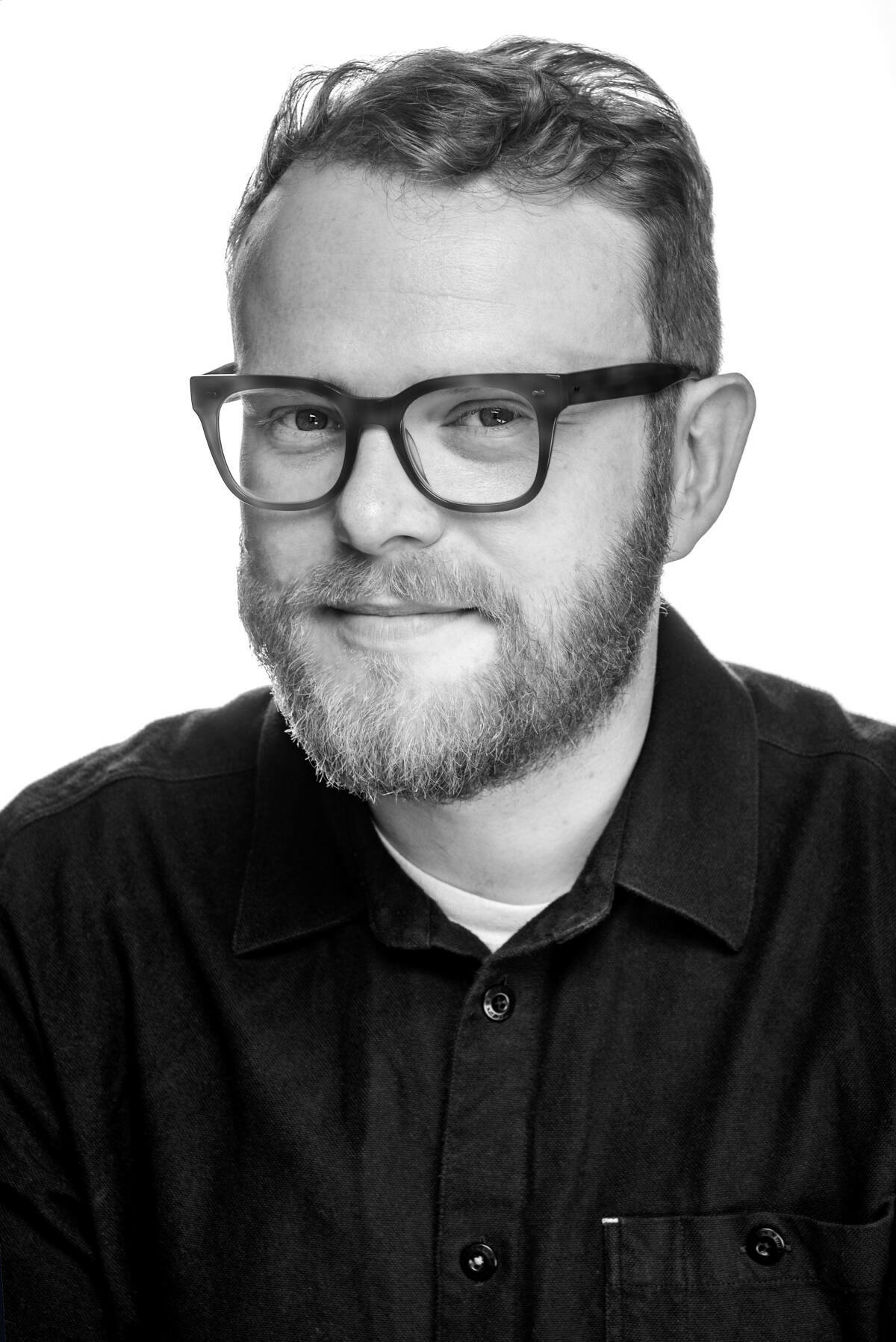BBC Radio 6 Music and BBC Radio Wales presenter Huw Stephens talks to Headliner about the past, present, and future of Glastonbury, his own personal highlights from the festival and what life at Worthy Farm looks like as a BBC presenter.
Having worked across Glastonbury in various capacities for over two decades, Stephens will be broadcasting live for 6 Music at this year’s Glastonbury, as well as featuring on the BBC iPlayer as part of the organisation’s unparalleled coverage of the world’s most iconic music festival. Taking place from June 23-25, Glastonbury 2023 will see Arctic Monkeys, Guns N’ Roses, and Elton John headline the Pyramid Stage, with the festival shaping up to be the biggest outing its illustrious history.
As ever, the BBC will be providing live Glastonbury coverage across radio, TV, iPlayer, and the BBC Sounds app, as well as highlights from across the weekend and legendary sets from years gone by.
To find out more about how the BBC is able to offer the most extensive coverage of any live event on earth, Headliner sat down with Stephens for an inside look what goes on behind the scenes, his own Worthy Farm highlights, who he’s most excited about this year, and what makes Glastonbury a festival like no other…
Tell us about what you’ll be doing at Glastonbury this year?
With the BBC we have three shows on 6 Music on the Friday night, Saturday night, and Sunday afternoon. So I’m on from 9pm on Friday and Saturday for the headliners, so that’s Arctic Monkeys and Guns N’ Roses. And I’m on Sunday afternoon so we’ll be having some sessions, some guests, and by Sunday we’ll have recorded loads of music from across the festival, so we’ll be playing loads of that. Basically, we’ll be bringing as much of Glastonbury to the 6 Music listeners as possible, and I’ll be on the iPlayer doing coverage in the afternoon, crossing over to as many stages as we can… there’s no time to go and lose myself in the Healing Fields!
Take us inside the process of broadcasting live from Glastonbury – what does each day look like for you?
Not everybody gets to go, so it’s all hands on deck. You talk to the producers for weeks beforehand, you figure out who is on when you’re on air, who you want to play on your show. Friday and Saturday I’m on late so it means crossing over to the Pyramid Stage before, then picking some highlights from what you’ve seen. You’re thinking with the producers about how much you can bring to the airwaves with the time that you have. It takes a long time to get from one side of the festival to the other, so you can’t just pick a bit of this, and then a bit of that from somewhere on the other side of the festival, you have to be planning carefully.
The tele side is different as there are already cameras at a lot of the stages, but it’s a huge operation, and it’s an even bigger operation for the producers and the technical people and the editors, because they are the ones sat in a van all weekend overlooking the stages, cutting up tracks, seeing which ones are they allowed to use with the rights issues etc, making sure everything goes to the right places. Glastonbury is such a huge thing for the BBC.




